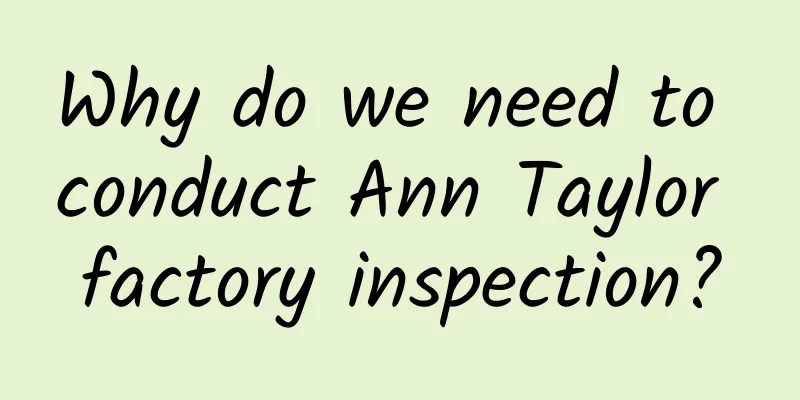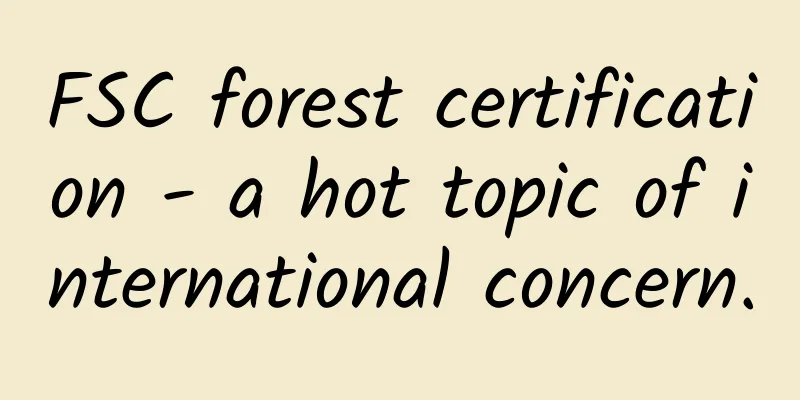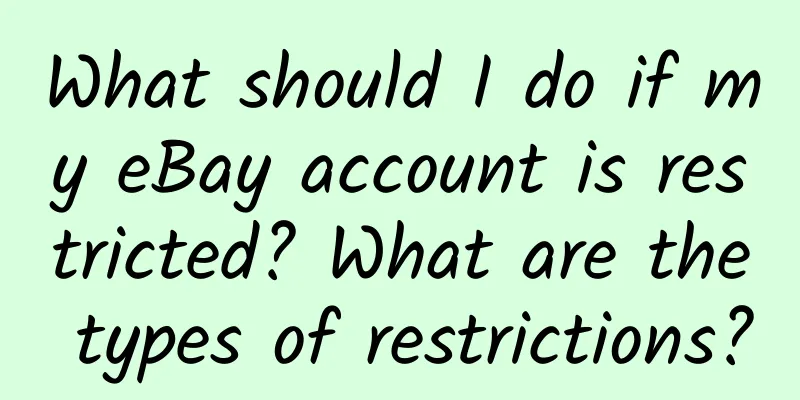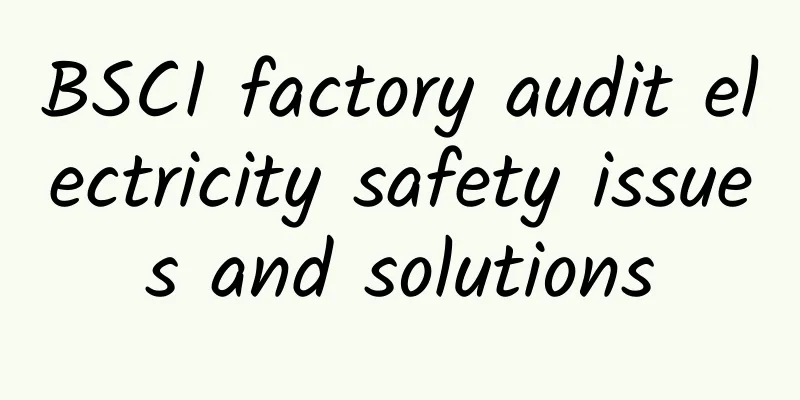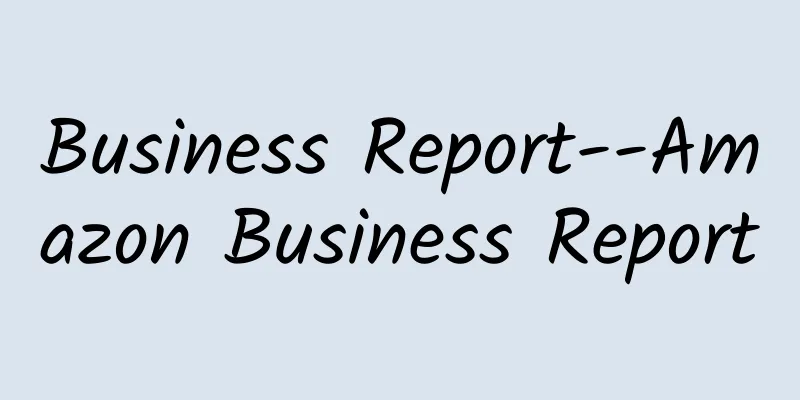Unraveling the "mystery" of cross-border procurement
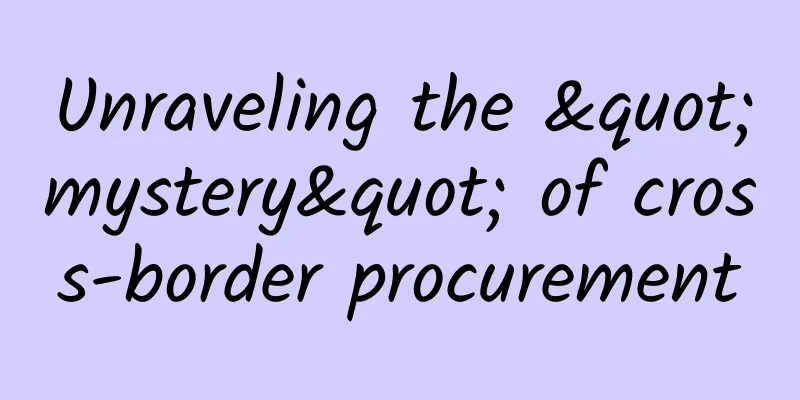
|
At the 2003 Cross-Border Procurement Fair (Shanghai, China), a paper product manufacturer in Hangzhou finally reached a preliminary agreement with Wal-Mart for the first transaction of 20 million paper cups. A few days later, Wal-Mart unilaterally cancelled the supply agreement. The reason was that the toilet environment of the company did not meet the standards of Wal-Mart suppliers. In September 2003, a shoe factory with about 500 employees in Zhongshan City, Guangdong Province was suspended for two months by its customers for rectification because it did not meet the minimum wage standard stipulated by local laws. At the end of 2003, a glove manufacturer in Shanghai that had passed various product quality certifications failed to pass the factory inspection of a well-known retail company because it did not comply with the provisions of the Labor Law regarding maternity leave for female workers. More and more suppliers have found that buyers' "tastes" seem to be getting higher and higher. In addition to product quality, technical content, company size, and logistics level as necessary conditions for selection, requirements such as workers' rights, internal company environment, and protection of the social environment have also become part of the assessment, and the test question is "social responsibility standards." It is estimated that since 1995, at least 8,000 factories in my country's coastal areas have undergone social responsibility audits by multinational corporations. Some companies have received more orders due to their good performance, while some factories have been disqualified as suppliers because they have no sincerity in improving. Social responsibility standards have become a new trade barrier. Countless suppliers have stumbled over the "toilet problem". As a result, many companies have come up with SA8000, the highest level of corporate ethics standards. SA8000 is the world's first social ethics responsibility standard and is another important new international standard for regulating the social ethics of corporate organizations after ISO9000 and ISO14000. It requires companies or organizations to take the initiative to assume responsibility for the environment, society and stakeholders while making profits. |
<<: ICTI certification intensifies the reshuffle of my country's toy industry
Recommend
How to set up eBay to attract buyers' attention?
1. Simplicity is beauty The most important of all...
What is Meidaole? What services does Meidaole provide?
Founded in 2014, Meidaole is a foreign trade trai...
ICTI factory inspection and review of fire extinguishing agent management documents
ICTI factory audit review of portable fire exting...
What is Ant Store Manager? What are the advantages of Ant Store Manager?
What is Ant Store Manager? "Ant Store Manage...
What is Dealsea? Who can use Dealsea?
What is Dealsea? Dealsea is one of the top ten di...
OKS--One-stop cross-border service
What should you do if you want a one-stop cross-b...
What is e-B2B.org? What are the characteristics of e-B2B.org?
What is e-B2B.org? e-B2B.org is a Polish B2B e-co...
2020 Global Traffic Conference: Registration for the Global Traffic Matchmaking Conference is now open, hurry up and grab your tickets
Do you want to quickly reach tens of thousands of...
ICS Client Information
ICS Client Information Auchan PRINCIPAL ordering ...
eBay product image requirements, eBay image posting steps
Take and create photos of items and understand ph...
Integration of the latest knowledge points on factory inspection issues in 2012
1. In view of the lower acceptance of BSCI audits ...
What are the key points and difficulties in GRS certification?
1. Social criteria, which apply to any link in th...
What is the Chinese official website of eBay? How to buy from overseas on eBay?
ebay/" target="_self">ebay Chin...
What are the basic contents of eaby ads? What issues should be paid attention to?
eBay's in-site advertising Promoted Listings ...
BSCI factory audit monitoring system
The BSCI monitoring system is a European strategy...

